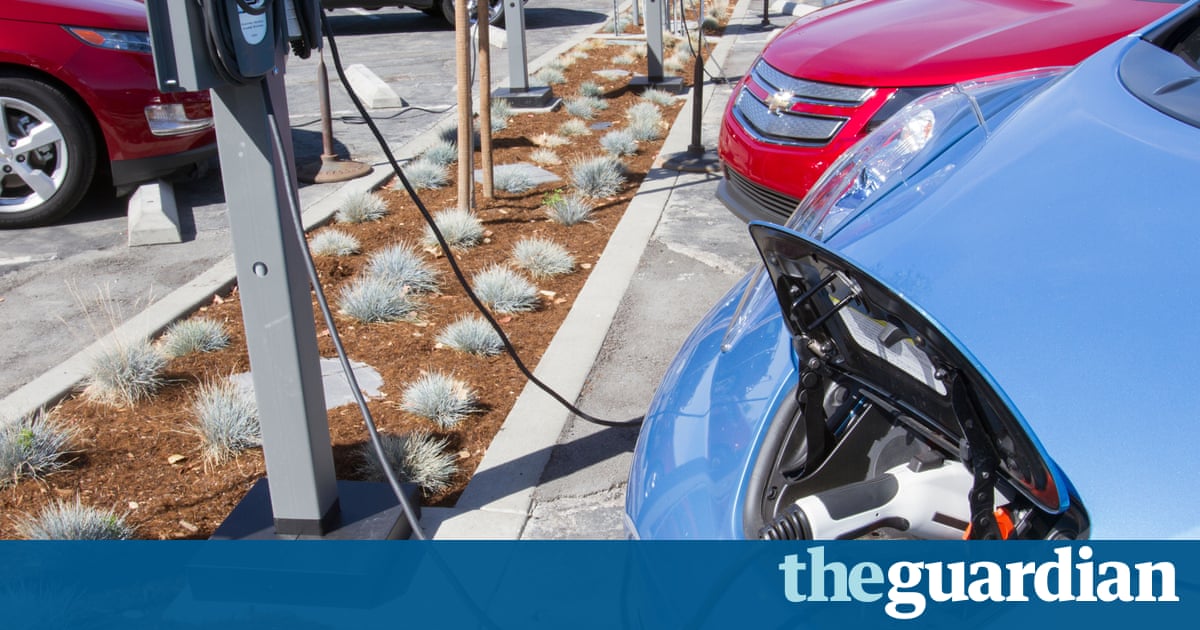Can we make enough batteries, that are good enough, to power the transition from fossil fueled vehicles to electric?
Prices are coming down rapidly, capacity is going up but we're getting to the point where the improvements are incremental rather than the orders of magnitude we still need.
https://www.theguardian.com/sustainable-business/2017/jul/19/electric-cars-battery-revolution-tesla-volvo
Electric cars may stall without a battery revolution | Guardian Sustainable Business | The Guardian


I'd not worry about supply until I saw price rises. Although I'd love to know what is holding Hyundai up from flooding the market with Ioniq Electric!
What we have seen is the progression from LiMn to LiFePo to LiNMC to LiNCA. While that incremental improvement has been going on for the last 20 years, there's been a constant stream of breathless hype about the next big thing in batteries that never actually comes to anything.
So I'll stay with the OP analysis. Mainstream dev has doubled capacity, halved the price and reduced weight and volume a bit for the same lifespan. But we're hitting limits with the improvements getting harder to find. And the next doubling still seems to be stuck in the lab with commercial development still 20 years out.
Yes they are still 5 to 10 years from mass manufacture but thennthere is still a lot to come from the current tech. Look at how much the internal combustion engine improved over its history (ie not a lot).
Lithium air batteries are also in development. One research team has managed to produce onebthat has 15 times the energy density of current lithium ion batteries! That would give my leaf a range of 1800 miles! It would give a tesla a range of 4500 miles!
The main thing in the short term is the cost and that has been decreasing rapidly and will continue to do so. Nissan predict EVs will be cheaper to produce than ice cars by 2020 and that is mostly due to the price of batteries coming down.
You have to realise that battery tech has not been massivley researched until relatively recently so it is playing catch-up and these things take time to develop.
And particularly to how energy density is actually improving. At the moment we seem to be stuck at around 250 Wh/kg. Pushing that up much without radically changing the chemistry means experimental anodes. 350 looks possible. 500 probably isn't.
https://en.wikipedia.org/wiki/Lithium%E2%80%93sulfur_battery
Lithium–sulfur: As of early 2014, none were commercially available. _
https://oxisenergy.com/technology/
__Lithium Sulfur cells are the next generation of battery technology, surpassing Li-ion which is * *_reaching the limit of its potential*_ *._
It's a bit hard to find but it looks like the battery upgrade in the Leaf was from the obsolete LiMN chemistry to the more recent LiNMC. That's also now been superceeded by LiNCA.
Also that lithium sulphur article is from 2014!
How long do you think a car takes to design and build? Even with known technology?
Tired of this game. KthxBai!